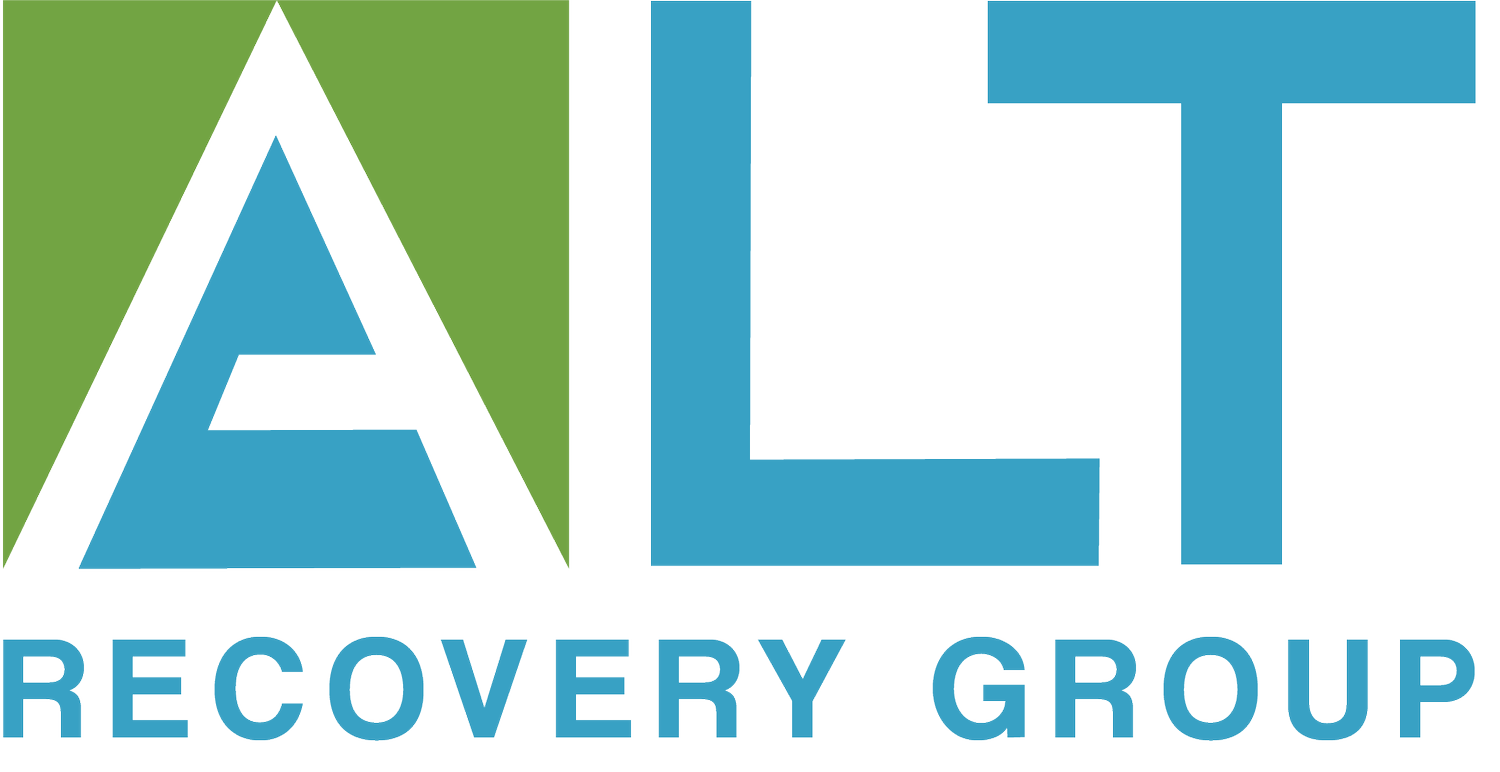The Argument for Over-the-Counter Naloxone Access: Pros and Cons
Explores the pros and cons of making Naloxone, an opioid overdose antidote, available over-the-counter.



The ongoing opioid crisis necessitates decisive action to curtail the devastating effects of opioid overdoses. One proposition gathering momentum is offering over-the-counter (OTC) access to Naloxone, a potent drug capable of reversing opioid overdoses. This move could be a game-changer, but it brings along a set of advantages and potential drawbacks. Let's dissect the pros and cons of this approach in a more detailed manner.
Pros of Over-the-Counter Naloxone Access:
Immediate Availability
In the critical moments during an overdose, time is of the essence. Making Naloxone available over the counter ensures that individuals and communities can rapidly respond to overdose incidents. Immediate access to this life-saving drug could potentially curtail the number of fatalities, as it allows for quicker administration even before medical help arrives.
Empowering Communities
When communities have the tools and resources to protect their residents, it can foster a more proactive approach to the opioid crisis. Over-the-counter access to Naloxone empowers communities, providing them with the means to take charge of the safety and well-being of their members. This form of community vigilance can foster unity and collective responsibility, creating safer and more resilient neighborhoods.
Reduced Stigma
The stigma surrounding drug use and overdoses often prevents people from seeking help, leading to unnecessary deaths. Making Naloxone accessible over the counter can be a step toward normalizing its use and reducing stigma. When individuals can purchase Naloxone without a prescription, it sends a message that the focus is on saving lives, fostering an environment where people are more willing to step in and help during an overdose situation.
Cons of Over-the-Counter Naloxone Access
Potential Misuse
Like any medication, Naloxone is not without its potential downsides. Over-the-counter availability could potentially lead to misuse or misadministration. While Naloxone is generally considered safe, incorrect usage could have unintended consequences. Moreover, it might give a false sense of security, potentially encouraging risky behavior with opioids, with individuals assuming that Naloxone can always "save" them.
Economic Considerations
Implementing OTC access for Naloxone could have economic implications. The costs associated with manufacturing and distributing larger quantities of the drug need to be considered. Additionally, without proper monitoring, it might lead to a surge in prices, making it less accessible to the people who need it the most.
Overlooking Underlying Issues
While Naloxone can save lives during an overdose, it does not address the underlying issues of opioid addiction. There is a concern that widespread OTC access might shift the focus away from long-term solutions, such as addiction treatment and prevention programs. By concentrating on immediate response measures, we risk overlooking the necessary holistic approach to combating the opioid crisis.
Conclusion
The discussion surrounding the over-the-counter access to Naloxone is complex and multifaceted. While it promises immediate benefits in terms of lives saved, it is not without potential drawbacks. As communities, governments, and healthcare professionals grapple with the best ways to address the opioid crisis, considering the pros and cons of OTC Naloxone is crucial. This nuanced approach ensures a more informed and balanced strategy in the fight against the opioid epidemic, aiming for a solution that embraces both immediate action and long-term recovery strategies.
Latest Articles


We are here to help you succeed!





